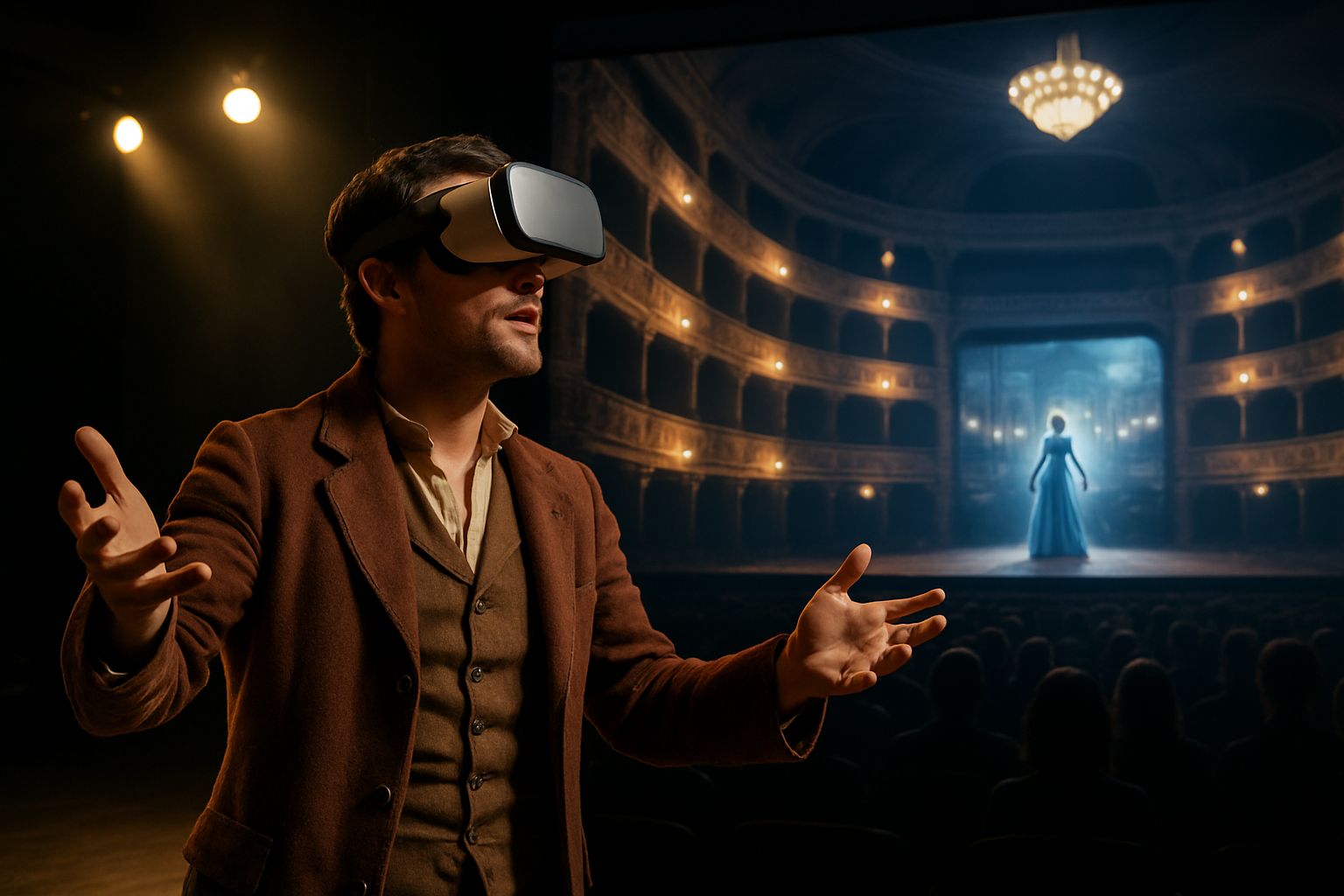Virtual Reality Opera: Redefining the Classical Stage
In a groundbreaking fusion of technology and tradition, virtual reality opera is emerging as a revolutionary force in the world of classical music performance. This innovative approach to operatic presentation is challenging long-held conventions, offering audiences immersive experiences that transcend the limitations of traditional theater spaces. As opera houses and production companies worldwide explore the possibilities of VR technology, a new era of operatic storytelling is unfolding, promising to captivate both seasoned aficionados and newcomers to the art form.

Technological Advancements Driving Innovation
The rapid evolution of VR technology has been a key factor in the development of virtual reality opera. High-resolution displays, improved motion tracking, and more sophisticated audio systems have all contributed to creating increasingly realistic and engaging virtual environments. Complementing these hardware advancements, software innovations in real-time rendering and spatial audio processing have enabled creators to craft richly detailed, sonically immersive operatic worlds that respond dynamically to user interaction.
Redefining Audience Engagement
One of the most significant impacts of virtual reality opera is its transformation of the audience experience. Traditional opera performances maintain a clear separation between performers and spectators, with the audience relegated to fixed seating positions. VR opera shatters this barrier, allowing viewers to move freely within the virtual space, choose their vantage points, and even interact with elements of the set or characters. This level of engagement fosters a sense of presence and personal connection to the narrative that is difficult to achieve in conventional stagings.
Challenges and Opportunities for Creators
For opera composers, directors, and designers, virtual reality presents both exciting opportunities and daunting challenges. The medium allows for unprecedented creative freedom, enabling the realization of fantastical sets, impossible staging, and visual effects that would be impractical or impossible in physical productions. However, this new frontier also requires a fundamental rethinking of operatic composition and direction. Creators must consider how to guide the audience’s attention in a 360-degree environment, balance visual spectacle with musical focus, and maintain the emotional intensity of live performance in a virtual space.
The Future of Opera in the Digital Age
As virtual reality opera continues to evolve, it raises intriguing questions about the future of the art form. Will VR productions complement traditional stagings, or could they eventually replace them? How will this technology impact opera education and accessibility? Some proponents argue that VR could democratize opera, making it more accessible to global audiences and younger generations. Others express concern about the potential loss of the communal experience that has long been central to opera attendance. As the technology matures and more productions embrace VR, these debates are likely to intensify, shaping the trajectory of opera in the 21st century and beyond.





